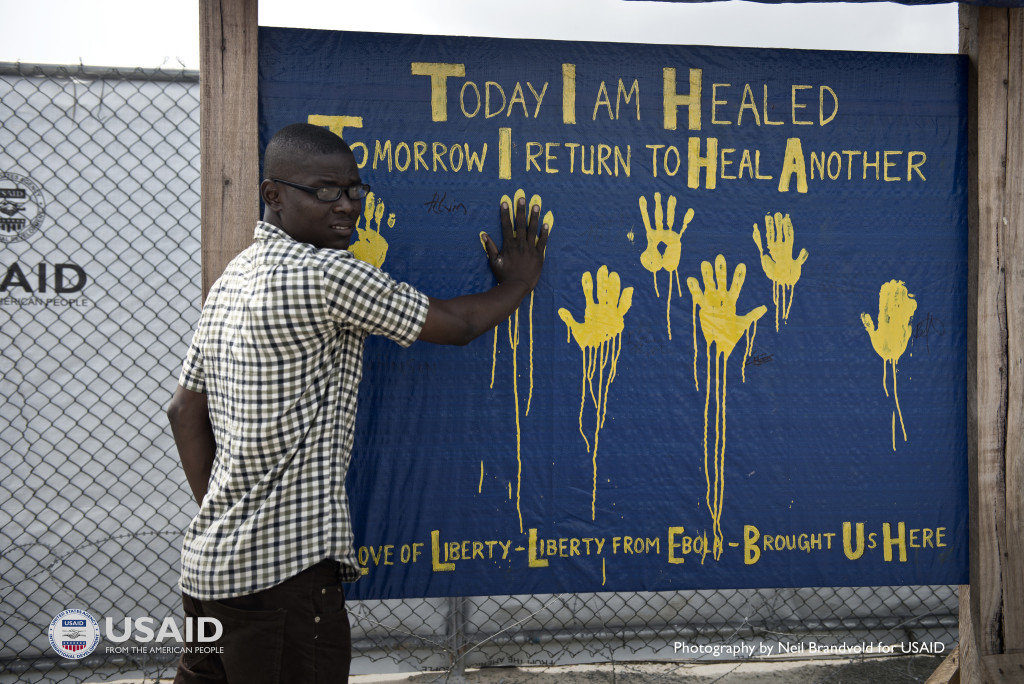Ebola Stigma
Key Considerations
When working to reduce stigma, consider the following:
When communicating about Ebola at any time, include the chances for survival and promote Ebola survivor stories.
Ensure that those people who are working with Ebola victims are celebrated and encourage communities to welcome them.
Communicate correct knowledge about transmission and risk (a person who is not sick is not a risk to me, even if the person has recovered from Ebola, as long as I do not have unprotected sex with them within three months of their recovery).
Increase people’s sense of self-efficacy for prevention (I know what I can do to protect myself and my family).
Promote the role of people who have survived Ebola (survivors are assets to my community).
Promote care and compassion for children who have lost their caregivers (we are all responsible for taking care of the community’s children).
Important people to involve in your communication efforts
Local champions, religious and community leaders, Ebola survivors, HWs, CHWs and volunteers, Ebola task forces, district health teams, mass media
|
Common Causes/ Contributing Factors |
Sample Message Response |
Sample Activities and Implementation |
|
Lack of information about transmission risks from survivors and fear of catching Ebola from survivors, myths about witchcraft (e.g., Ebola victims had been cursed.) |
Sample messages that address stigma include:
The Ebola virus is a hard thing for all of us. It has taken away our culture of caring and being concerned for each other.
Welcome survivors and anyone whose lives have been touched by Ebola back into the home and the community. Encourage and help them to participate in community activities.
Survivors and others that have been touched by Ebola can help us. Their stories can help us learn and give us hope.
Health care workers, burial teams, social workers, mobilizers, and contact tracers are working hard to end Ebola in Liberia.
Welcome them and allow them to do their work.
We can help survivors and others touched by Ebola when we tell others the truth about how Ebola is spread and how to protect ourselves, our families and our communities. |
Promote stories about survivors and others who are stigmatized (e.g., burial teams, HWs) through mass media, videos and community events
Provide accurate information about survivor transmission risks (e.g., abstinence or safe sex for three months after they are declared “Ebola free”)
Implement community activities, such as community dialogues or participatory community theater, which foster discussion about people who are stigmatized— including healthcare workers, burial teams and survivors—prompting reflection on how they are treated and feel and how the community can support them
Implement a “hero” campaign that celebrates survivors and people who work with Ebola victims. Publicly award them certificates, distribute t-shirts with positive messages, etc.
Recruit community member volunteers to help Ebola survivors re-integrate into the community
|

